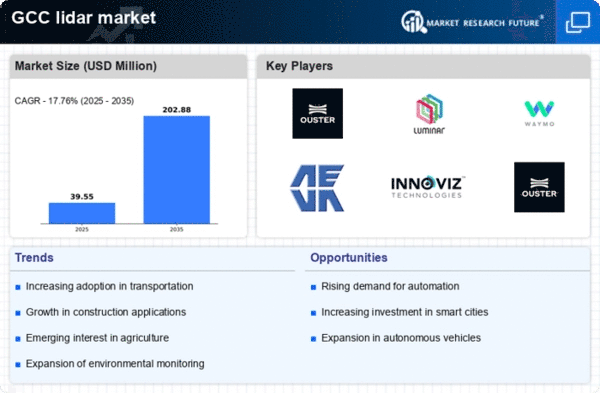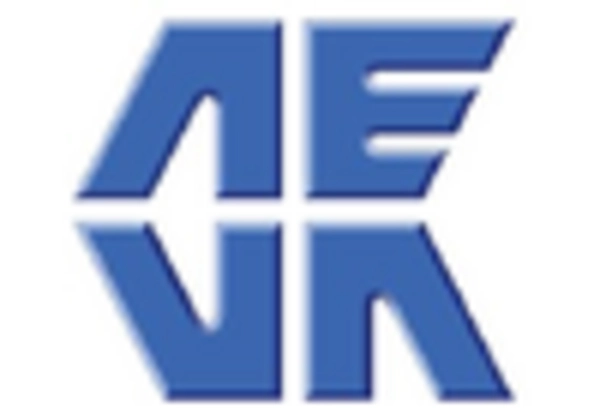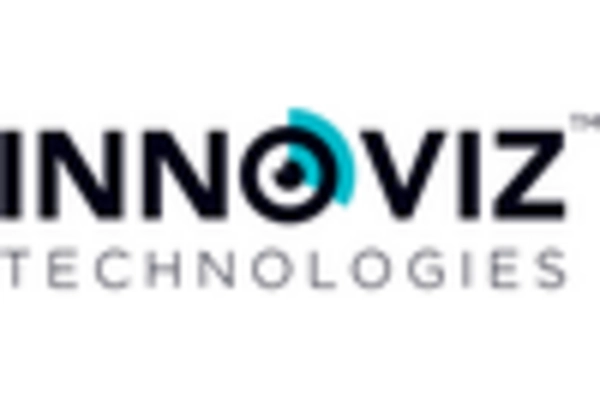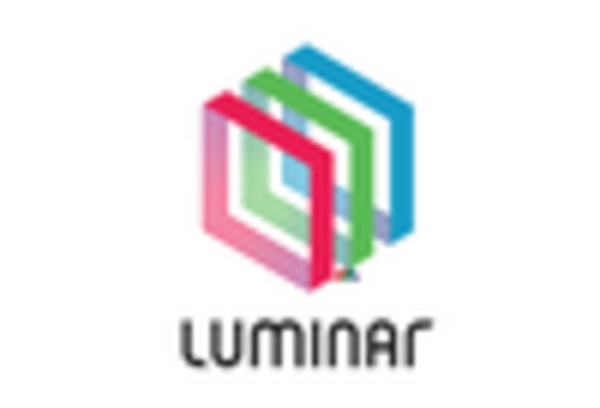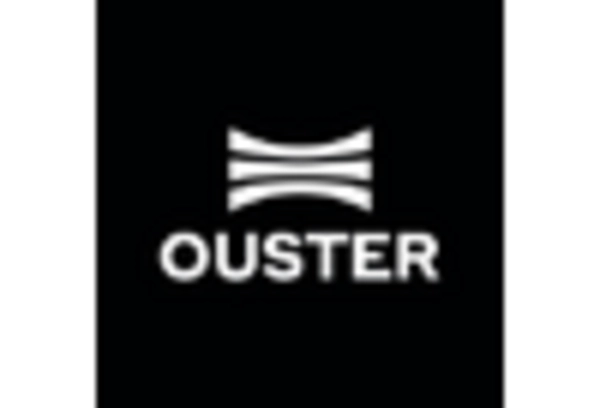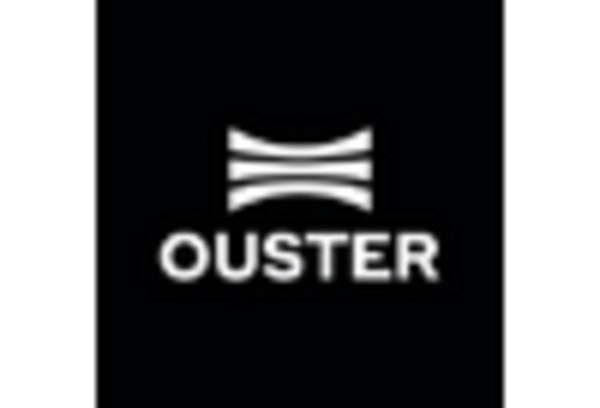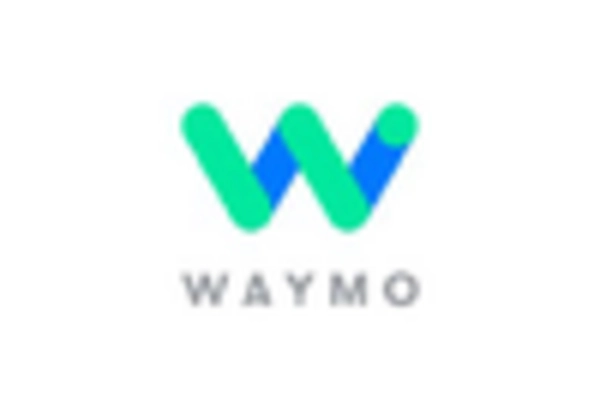Expansion of Smart City Initiatives
The push for smart city initiatives across the GCC is a pivotal driver for the lidar market. Governments are increasingly investing in urban development projects that incorporate advanced technologies to improve infrastructure and public services. For instance, the UAE has committed over $1 billion to smart city projects, which include the deployment of lidar systems for urban planning and traffic management. The integration of lidar technology in these initiatives is likely to enhance data collection and analysis, leading to more efficient urban environments. As cities evolve, the demand for lidar solutions is expected to grow, positioning the market for substantial expansion.
Advancements in Industrial Automation
The industrial sector in the GCC is undergoing a transformation with the adoption of automation technologies, which is driving the demand for lidar systems. The lidar market is likely to see increased utilization in manufacturing and logistics, where precision and efficiency are paramount. As industries strive to enhance productivity, lidar technology offers solutions for real-time monitoring and quality control. The market for industrial automation in the GCC is expected to reach $20 billion by 2026, suggesting that the integration of lidar systems will be essential for achieving operational excellence and maintaining competitive advantage.
Growing Interest in Drone Applications
The proliferation of drone technology in the GCC is emerging as a significant driver for the lidar market. Drones equipped with lidar sensors are increasingly being used for surveying, mapping, and inspection purposes across various sectors, including construction, agriculture, and oil and gas. The market for drone services in the region is projected to grow at a CAGR of 25% over the next five years, indicating a robust demand for lidar-equipped drones. This trend suggests that the lidar market will likely expand as industries recognize the value of aerial data collection and analysis, enhancing operational efficiency and decision-making.
Rising Demand for Environmental Monitoring
Environmental concerns are becoming increasingly prominent in the GCC, leading to a heightened demand for lidar technology in environmental monitoring applications. The lidar market is poised to benefit from this trend as governments and organizations seek to assess and manage natural resources more effectively. For example, lidar systems are utilized for vegetation mapping, flood modeling, and air quality assessment. The market for environmental monitoring solutions is projected to grow at a CAGR of 15% through 2030, indicating a robust opportunity for lidar technology to play a vital role in sustainable development efforts within the region.
Increased Investment in Autonomous Vehicles
The lidar market is experiencing a surge in investment driven by the growing interest in autonomous vehicles within the GCC region. As governments and private sectors allocate substantial funds towards the development of smart transportation systems, the demand for advanced sensing technologies like lidar is expected to rise. Reports indicate that the autonomous vehicle market in the GCC could reach a valuation of $10 billion by 2027, with lidar systems playing a crucial role in navigation and obstacle detection. This trend suggests that the lidar market will benefit significantly from the integration of these technologies into future mobility solutions, enhancing safety and efficiency on the roads.

